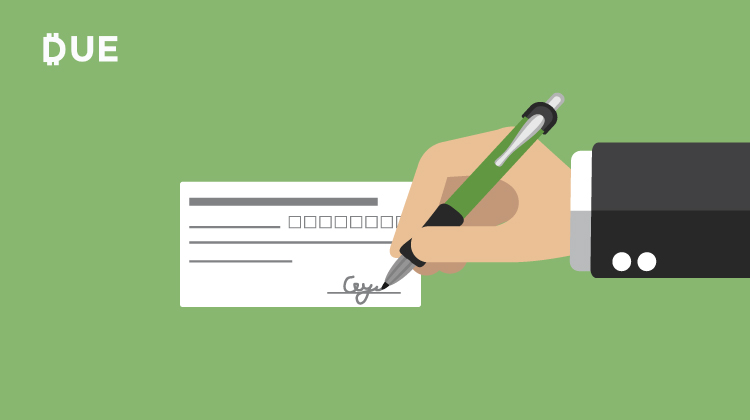Payment delays happen even if you have an iron-clad payment agreement.
A client may run into financial trouble causing them to pay late. A client may even simply forget to pay you.
Regardless of the reason, your goal is to limit late payments to keep your business functional and your personal bills paid. When a payment is running late, your first thought may be to “throw the book” at the client by charging a late fee and researching other legal methods of collection.
Instead of having to react when a client is late, being proactive can help you avoid this altogether.
Table of Contents
ToggleThe Reason Rewarding Clients for Early Payment Rocks
Don’t get me wrong, you should outline the consequences of paying late in your client contract. If your contract includes a late fee — charge it.
But consider this as well: People generally respond better to positive reinforcement over punishment. Incentivizing clients for early payments can encourage positive behavior before you have to fall back on the late fee.
Here are three ways to encourage clients to make early payments.
Give a Discount or Coupon Code for Future Projects
Reward a client for paying early by discounting future services.
The benefit of this is you receive the full amount for the initial invoice, and you encourage them to book with you a second time.
Add clients who qualify for the “early payment” discount or coupon to an email list. Then send them email reminders every so often letting them know they still have an unredeemed gift from you.
People love to take advantage of discounts which can motivate them to pay early. Plus there’s a chance you can score more business.
Offer an Extra Service for Early Payment
Your gift to clients doesn’t have to be monetary. You can bundle in something extra with your service if they pay your invoice early.
For example, writers, designers, and other service providers can offer a 20-minute consultation to discuss anything of the client’s choosing beyond the deliverable commissioned.
You can even offer an evergreen product you created.
Get creative. Clients hire you for expertise. If you offer extra value for an early payment, they may take the bait.
Give an Early Payment Discount on All Open Invoices
Offering a percentage off all pending invoices whenever clients pay early is a common practice.
There’s no doubt this is a smart strategy. However, make sure that you’re still getting paid appropriately for your work after the discount.
If the discount is causing you to leave money on the table, revisit the discount percentage, raise your prices, or employ other methods to encourage payment.
Final Word
Receiving late payments and partial payments occasionally are part of doing business.
You have every right to charge a late fee and to send a stern email when you don’t get money on or before the agreed upon date.
But consider your late fee as a very last resort.
Create different pathways to encourage payment throughout your process to make your client feel like they’re getting something in return for good behavior.












